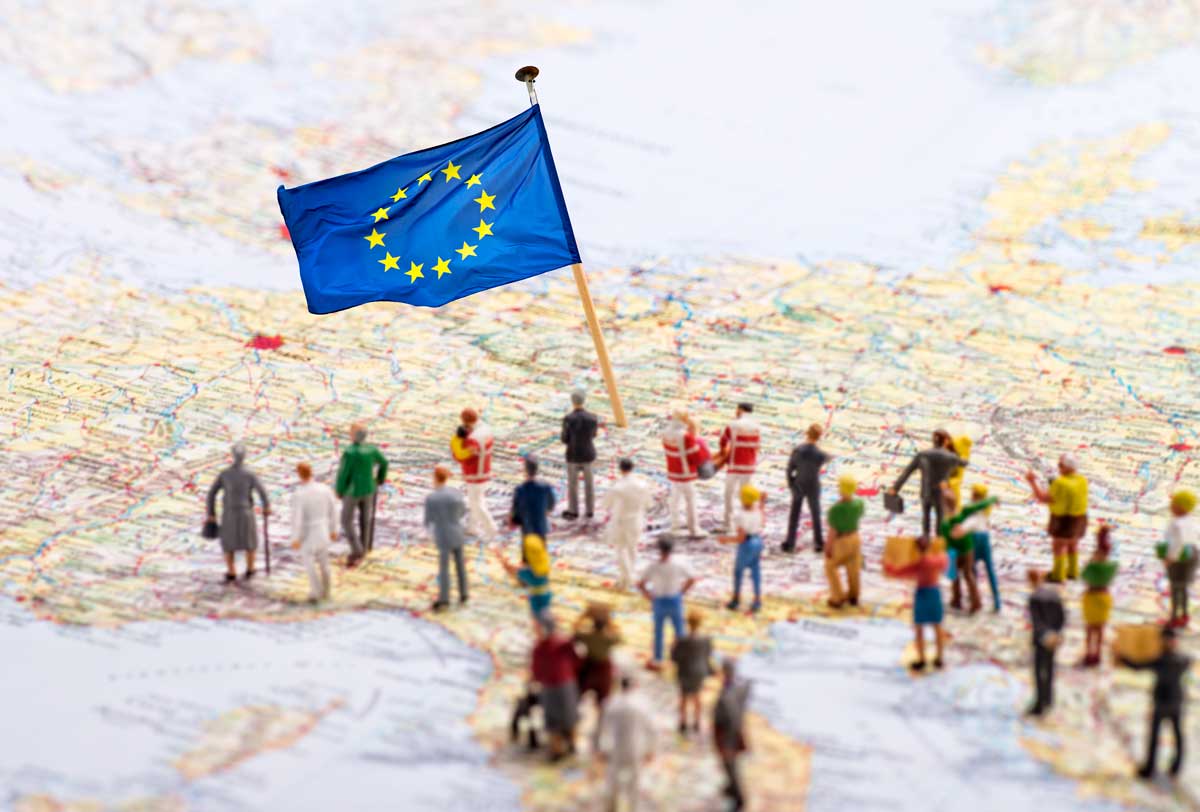TALAVERA, Philippines — Radio stations operated by Bahá’í communities in several countries have found a renewed purpose during the pandemic, acting as a source of critical information and an anchor of community life when other forms of interaction have been limited.
Radyo Bahá’í in the Central Luzon region of the Philippines has played a significant role during the health crisis in creating a sense of togetherness through participatory programs dedicated to prayer and uplifting music reflective of the culture of the region. Its broadcast radius of 90 kilometers has also allowed the station to transmit crucial messages to remote areas which would otherwise be difficult to reach.
Christine Flores, director of Radyo Bahá’í, says, “Families are spending so much more time together, and we hope to contribute to a home environment characterized by unity and cooperation. For example, prayers and songs are broadcast every hour during the day, many contributed by listeners. Praying regularly is key to upliftment and inspiration. We are spiritual beings, and it is natural for us to connect with our creator in our homes.”
The station is also assisting with educational needs in the region by collaborating with the country’s Department of Education. Regular broadcasts of education materials by Radyo Bahá’í reach thousands of children whose schools are closed because of public health measures. These educational broadcasts are supplemented with songs and stories inspired by the Bahá’í teachings on such themes as truthfulness, generosity, patience, and kindness.
“The radio has been an important instrument in fostering a sense of belonging and connection between people during a time of distancing,” says Mrs. Flores. “A collective spirit is needed to face this crisis. A shared identity is strengthened when people hear programs reflecting their culture in their own local language and when they are contributing to content. Normally, information and ideas are passed around as people meet each other, but now the radio station is helping fill this need in our region.”
Across the Pacific Ocean, a Bahá’í-inspired radio station in Panama has focused on inspiring acts of service and attending to practical needs during the pandemic. Listeners are given the opportunity to offer support to those living in rural areas struggling to access public services given the restrictions on movement.
Fabio Rodriguez, coordinator of the station, says, “Our programs emphasize service and the idea that all people have the right to contribute to society. The station welcomes people from the area to assist in the production of programs, who are able to convey the reality of their shared experiences and their hopes in a way that speaks to the hearts of their fellow community members. This in turn encourages more people to see themselves as active participants in shaping the life of their communities.
Elsewhere in Latin America, Chile Bahá’í Radio based in Labranza, Chile, has been in close dialogue with surrounding indigenous communities to ensure that programs speak to their needs and aspirations. One area of focus of the station has been the preservation of language and culture of the Mapuche people.
“The radio plays a vital role in promoting the noblest aspects of the Mapuche people, and contributes to a sense of hope and comfort in this crisis,” says the coordinator of the station, Alex Calfuquero.
“Early morning prayer is a fundamental tradition, and Mapuche prayers are often included in the station’s devotional programs, which are sometimes broadcast from the Bahá’í temple in Santiago.”
Katty Scoggin, who collaborates with the radio stations in Chile and Panama, reflects on recent experiences: “These Bahá’í radio stations have been operating for years and years. They have been a part of the local culture. These initiatives are not just a one-sided broadcast service, they have a meaningful presence in the communities they serve.
“In media, there are the people who create something, and the people who consume content—usually just as recipients. We are trying to learn about something different. These radio stations assist with raising capacity for service to society and give a voice to the whole community.”














